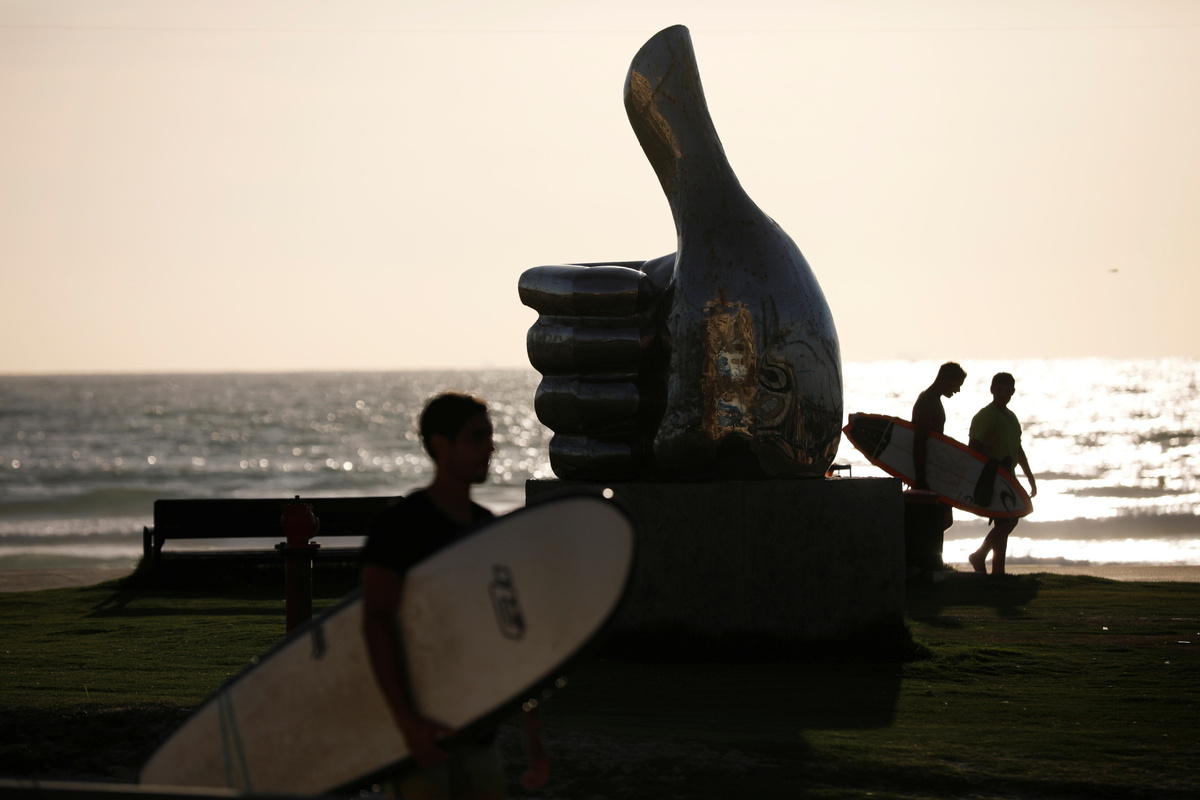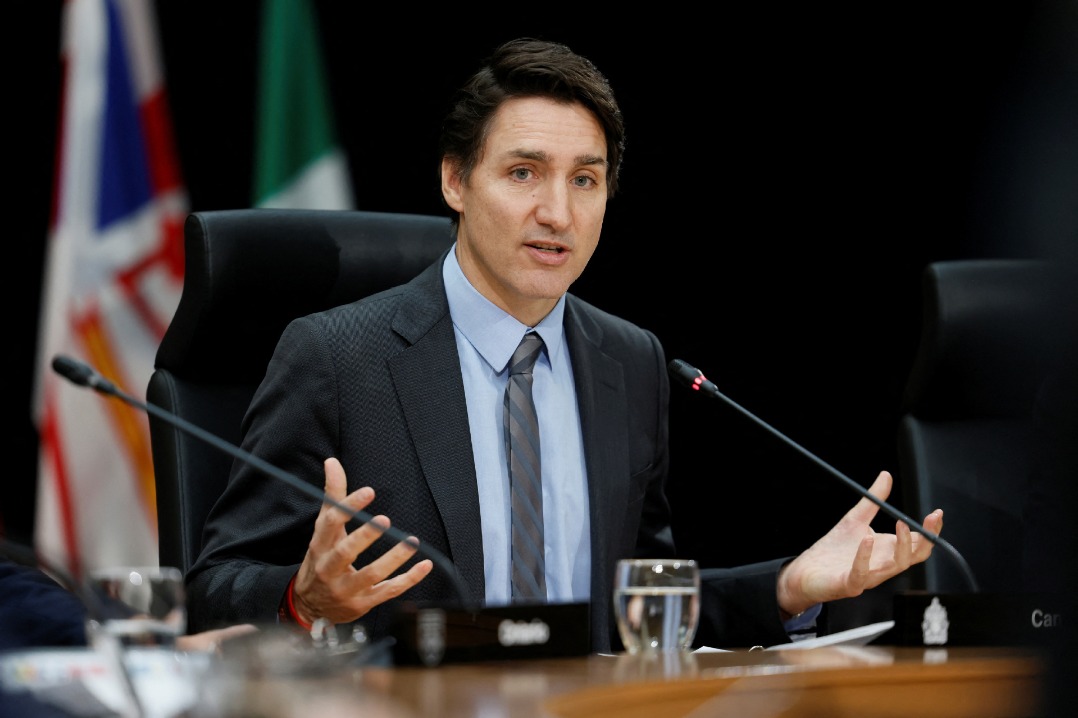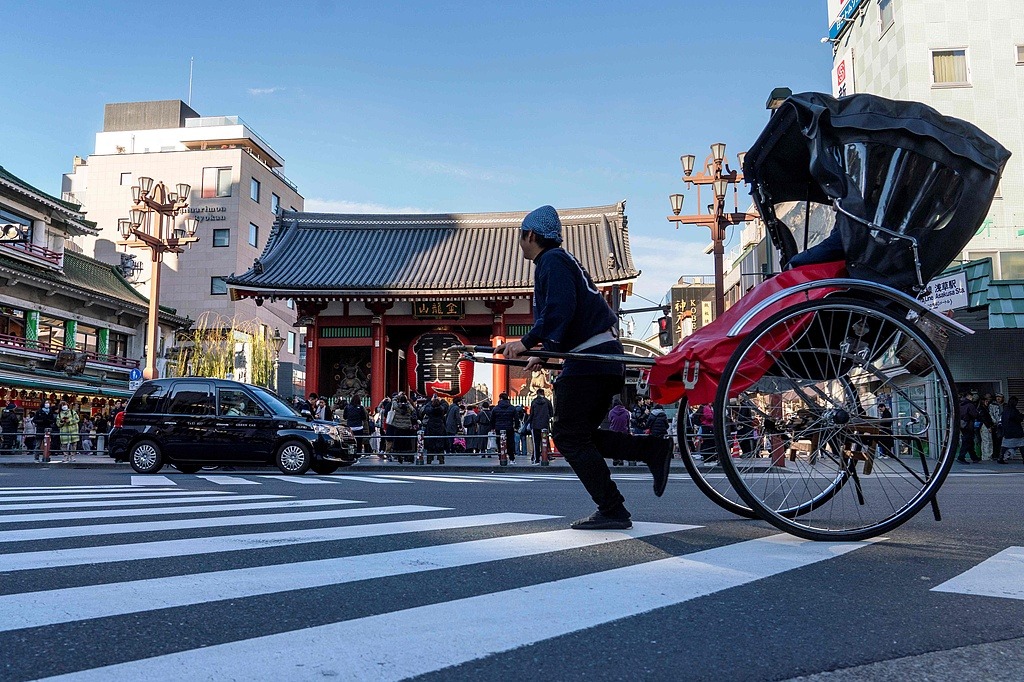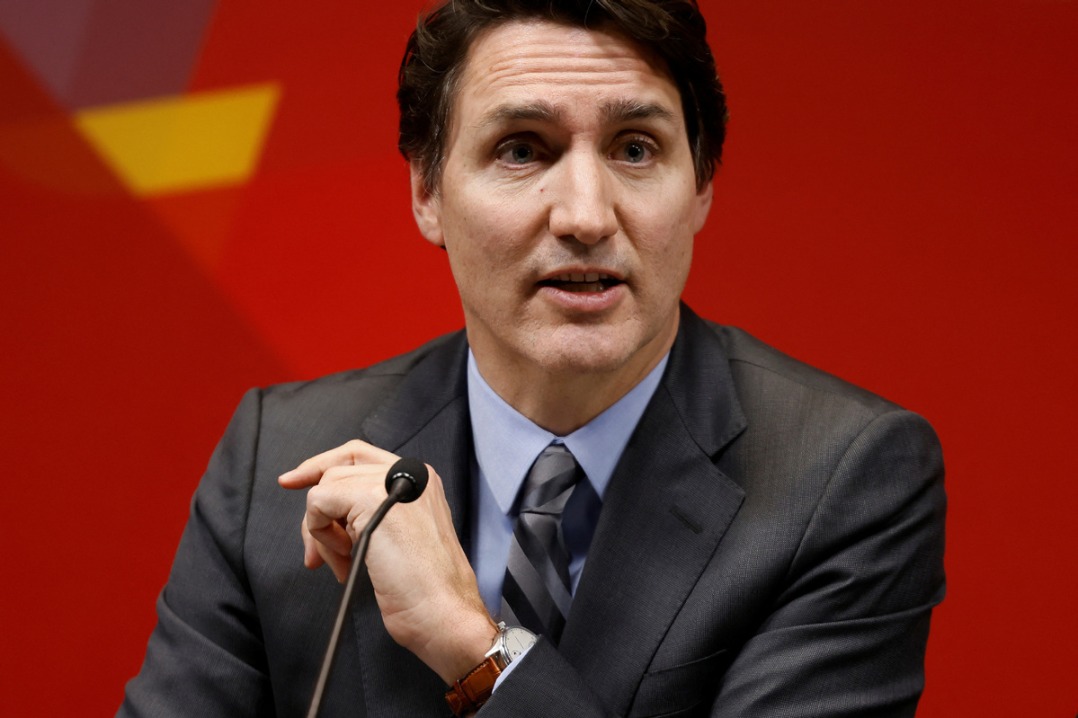Weight of Asian trio behind truce push


Muslim-majority countries in Southeast Asia have been credited with adding their weight to efforts to get Israel to agree to an Egyptian-brokered cease-fire with the Palestinian militant group Hamas.
Mustafa Izzuddin, senior international affairs analyst with the consultancy firm Solaris Strategies Singapore, said an earlier joint call on Gaza's plight by the region's Muslim-majority nations is a watershed event. Words used in the statement are "stern, unambiguous", he said of the push for a truce.
Leaders of the three Muslim-majority countries in Southeast Asia, Brunei's Sultan Haji Hassanal Bolkiah, Indonesia's President Joko Widodo and Malaysia's Prime Minister Muhyiddin Yassin, issued a joint statement on May 16 to "unreservedly condemn" Israel's "flagrant violations" of humanitarian and human rights law, and pressed the United Nations Security Council to "act urgently" to end the Middle East conflict.
The three countries, which do not have diplomatic relations with Israel, also reiterated their support for Palestinians and for the creation of an "independent and sovereign state of Palestine".
"This is not a wishy-washy statement," Mustafa said. The stern tone reflects the countries' concern over what they deem atrocities committed against the Palestinians in Jerusalem's Old City earlier this month.
"They feel that it's their duty to respond as Muslim-majority countries," he said.
Julkipli Wadi, professor and former dean of the Institute of Islamic Studies at the University of the Philippines, said the joint statement "highlights the fact that it would take a peripheral Muslim-majority region like Southeast Asia to raise such outrage while Arab regimes and monarchies have …lost their voices".
Analysts said that while Southeast Asian countries are overshadowed by the more influential Arab countries in the bigger Muslim ummah (community), the joint statement has signaled a stronger position that contrasts with the softening stance of some Middle Eastern states following the signing last year of the so-called Abraham Accords that sought to promote detente between Israel and the Arab world.
The United Arab Emirates and Bahrain were the first Gulf states to establish formal diplomatic relations with Israel after signing the agreement.
Sentiment reflected
Mustafa said that unlike Arab countries that have to deal with geopolitics within the region, Brunei, Indonesia and Malaysia are "geographically distant" and reflect the sentiment of the Southeast Asia's Muslim populace which is supportive of the Palestinian cause.
Islam is a widely practiced faith in Southeast Asia, with about 40 percent of its more than 600 million population identifying as Muslim.
Awang Azman Awang Pawi, associate professor at the Academy of Malay Studies at the University of Malaya in Kuala Lumpur, said permanent members of the UN Security Council, need to "take a bigger role in this crisis".
China, which holds the rotating presidency of the United Nations Security Council this month, supports the peaceful two-state solution to the conflicts between Israel and Palestine.
The solution aims to establish an independent state of Palestine that enjoys full sovereignty with East Jerusalem as its capital and based on 1967 borders, and fundamentally realizes the peaceful coexistence of Palestine and Israel.
PR Kumaraswamy, professor of Middle East studies at Jawaharlal Nehru University in New Delhi, said: "The cease-fire will be the first step, and the restarting of the Israeli-Palestinian negotiation must follow".
However, no meaningful peace process would be possible if Hamas, the militant group that harbors a stance of "traditional Islamist-centric opposition (against) the existence of Israel", is not brought on board.































